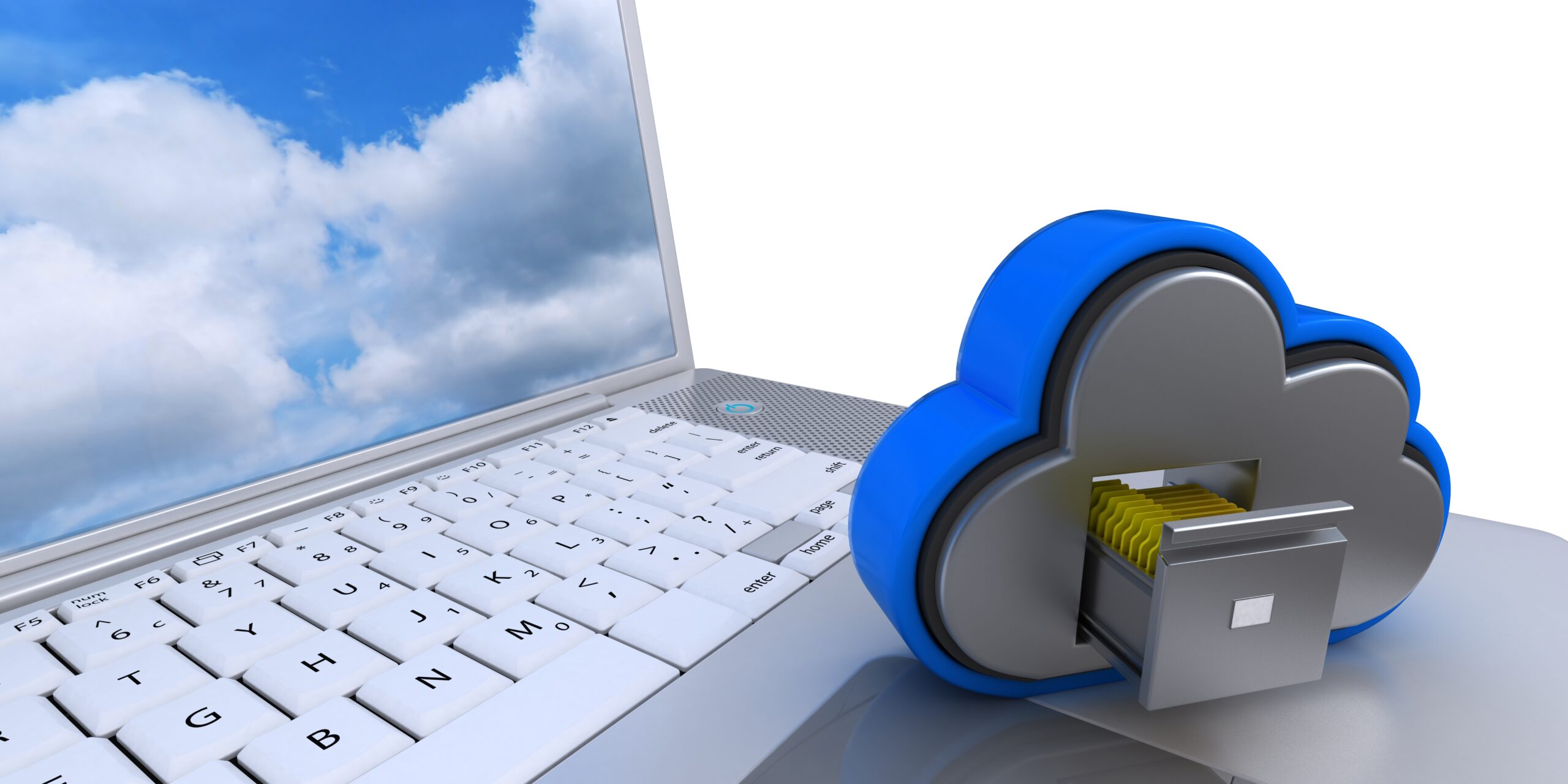In today’s digital age, medical billing services rely heavily on electronic data for efficient operations. The sensitivity and volume of this data demand robust backup and recovery solutions. Remote data backup and recovery not only safeguard critical information but also ensure continuity in the event of data loss. This post explores the importance, benefits, and best practices of remote data backup and recovery specifically tailored for medical billing services.
The Importance of Remote Data Backup & Recovery in Medical Billing
Medical billing services manage vast amounts of sensitive patient information, insurance details, and financial transactions. Remote data backup & recovery is paramount for several reasons:
- Compliance with Regulations: Medical billing services must comply with regulations such as HIPAA (Health Insurance Portability and Accountability Act) in the United States, which mandates the protection of patient information. Non-compliance always leads to penalties and sometimes loss of reputation.
- Operational Continuity: Data loss can disrupt operations, leading to delays in billing and revenue collection. This interruption can affect cash flow and the overall financial health of the medical practice.
- Data Integrity: Maintaining accurate and up-to-date records is crucial for billing accuracy and patient care. Data corruption or loss can result in billing errors, affecting both the healthcare provider and the patient.
- Disaster Recovery: Natural disasters, cyber-attacks, hardware failures, and human errors can lead to data loss. A robust backup and recovery plan ensures that medical billing services can quickly resume operations after such events.
Benefits of Remote Data Backup & Recovery
Implementing a remote data backup and recovery solution offers numerous benefits to medical billing services:
- Enhanced Security: Remote backup solutions often include advanced encryption and security protocols, protecting data from unauthorized access and cyber threats.
- Scalability: As medical billing services grow, so does the volume of data. Remote backup solutions can easily scale to accommodate increasing data storage needs.
- Cost-Effective: Remote backup solutions eliminate the need for expensive on-site hardware and maintenance. They offer a cost-effective way to store and manage large volumes of data.
- Accessibility: Remote backups allow authorized personnel to access data from anywhere, facilitating remote work and collaboration.
- Automated Backups: Many remote backup solutions offer automated scheduling, ensuring regular and consistent data backups without manual intervention.
- Quick Recovery: In the event of data loss, remote recovery solutions enable quick restoration of data, minimizing downtime and operational disruption.
Best Practices for Implementing Remote Data Backup & Recovery
To maximize the effectiveness of remote data backup and recovery, medical billing services should follow these best practices:
- Assess Your Data Needs: Identify the types and volumes of data that need to be backed up. This includes patient records, billing information, financial data, and other critical documents.
- Choose the Right Backup Solution: Select a remote backup solution that meets your specific needs. Consider factors such as storage capacity, security features, ease of use, and cost.
- Regularly Test Backups: Periodically test your backup and recovery processes to ensure they work correctly. This helps identify and address any potential issues before a real data loss event occurs.
- Implement Encryption: Use strong encryption methods to protect data both in transit and at rest. With its help, one can be at peace as it ensures that sensitive information remains secure from unauthorized access.
- Automate Backup Schedules: Set up automated backup schedules to ensure data is backed up regularly without manual intervention. This reduces the risk of human error and ensures consistent data protection.
- Maintain Multiple Backup Copies: Store multiple copies of your data in different locations to protect against localized disasters. This can include a combination of cloud storage and physical backups.
- Monitor Backup Processes: Use monitoring tools to track the status of your backups. This helps identify and resolve any issues promptly, ensuring data is consistently backed up.
- Educate Your Team: Ensure that your staff understands the importance of data backup and recovery. Provide training on best practices and procedures to follow in the event of data loss.
Choosing a Remote Data Backup & Recovery Solution
When selecting a remote data backup and recovery solution for medical billing services, consider the following factors:
- Compliance: Ensure that the solution complies with industry regulations such as HIPAA. This includes all types of data encryption, access controls, and audit trails.
- Security: Look for solutions that offer robust security features, including encryption, multi-factor authentication, and intrusion detection.
- Scalability: Choose a solution that updates automatically and can grow with your business. This includes the ability to handle increasing data volumes and support for additional users.
- Reliability: Select a provider with a good track record of reliability. This ensures that your data is always accessible when needed.
- Support: Opt for a solution that offers comprehensive customer support, including 24/7 assistance, technical support, and disaster recovery services.
- Cost: Consider the total cost of ownership, including subscription fees, storage costs, and any additional charges for support or advanced features.
Case Study: Implementing Remote Data Backup & Recovery in a Medical Billing Service
To illustrate the benefits and implementation of remote data backup & recovery, let’s consider a hypothetical case study:
Background: ABC Medical Billing Services manages billing for several healthcare providers. The company handles sensitive patient data and requires a reliable backup solution to protect against data loss.
Challenges:
- Increasing data volumes due to business growth.
- Compliance with HIPAA regulations.
- Risk of data loss from cyber-attacks and hardware failures.
- Need for quick recovery to minimize operational disruption.
Solution: ABC Medical Billing Services implemented a cloud-based remote backup and recovery solution with the following features:
- Automated Backups: Scheduled automated backups to ensure data is consistently protected.
- Encryption: End-to-end encryption to secure data both in transit and at rest.
- Scalability: Scalable storage options to accommodate growing data volumes.
- Disaster Recovery: Quick recovery options to minimize downtime in the event of data loss.
- Compliance: HIPAA-compliant solution with audit trails and access controls.
Results:
- Enhanced data security and compliance with industry regulations.
- Reduced risk of data loss and quick recovery in case of disasters.
- Cost savings from eliminating the need for on-site hardware and maintenance.
- Improved operational continuity and financial stability.
Conclusion
Remote data backup & recovery are essential components of an effective data management strategy for medical billing services. By implementing robust backup solutions, medical billing services can protect sensitive information, ensure compliance with regulations, and maintain operational continuity. Following best practices and choosing the right backup solution can significantly enhance data security and support the long-term success of your medical billing practice.
Orient Electric 9W High Glow LED bulb| 180-degree wide beam angle| Voltage surge protection up to 4 kV| 6500K, Cool White| B22d base| Made in India| Pack of 2
₹99.00 (as of 27 December, 2024 11:24 GMT +05:30 - More infoProduct prices and availability are accurate as of the date/time indicated and are subject to change. Any price and availability information displayed on [relevant Amazon Site(s), as applicable] at the time of purchase will apply to the purchase of this product.)TEKCOOL Utensils Basket Drainer & Dish Drainer Basket for Kitchen/Utensil Stand for Kitchen/Dish Drying Rack with Drainer/Bartan Stand/Dish Rack for Kitchen(Size- 56x43x23 CM/Chrome Finish).
₹899.00 (as of 27 December, 2024 11:25 GMT +05:30 - More infoProduct prices and availability are accurate as of the date/time indicated and are subject to change. Any price and availability information displayed on [relevant Amazon Site(s), as applicable] at the time of purchase will apply to the purchase of this product.)ATOM Digital Kitchen Food Weighing Scale For Healthy Living, Home Baking, Cooking, Fitness & Balanced Diet. | Digital Display 10Kg x 1gms with 2 Batteries Included, SF400/A121, Color May vary
₹199.00 (as of 27 December, 2024 11:24 GMT +05:30 - More infoProduct prices and availability are accurate as of the date/time indicated and are subject to change. Any price and availability information displayed on [relevant Amazon Site(s), as applicable] at the time of purchase will apply to the purchase of this product.)2 Pcs Kitchen Mats, Waterproof Memory Foam Kitchen Rugs, Standing Desk Mat Floor Mats, Comfort Runner Rug Carpets for Kitchen Floor, Sink (c)
₹548.00 (as of 27 December, 2024 11:25 GMT +05:30 - More infoProduct prices and availability are accurate as of the date/time indicated and are subject to change. Any price and availability information displayed on [relevant Amazon Site(s), as applicable] at the time of purchase will apply to the purchase of this product.)MILTON Aura 1000 Thermosteel Bottle, 1050 ml Water Bottles, 24 Hours Hot and Cold, Easy to Carry, Easy Grip, Rust Proof, Tea, Coffee, Office, Travel Bottle, Black
₹932.00 (as of 27 December, 2024 11:24 GMT +05:30 - More infoProduct prices and availability are accurate as of the date/time indicated and are subject to change. Any price and availability information displayed on [relevant Amazon Site(s), as applicable] at the time of purchase will apply to the purchase of this product.)Discover more from The General Post
Subscribe to get the latest posts sent to your email.





